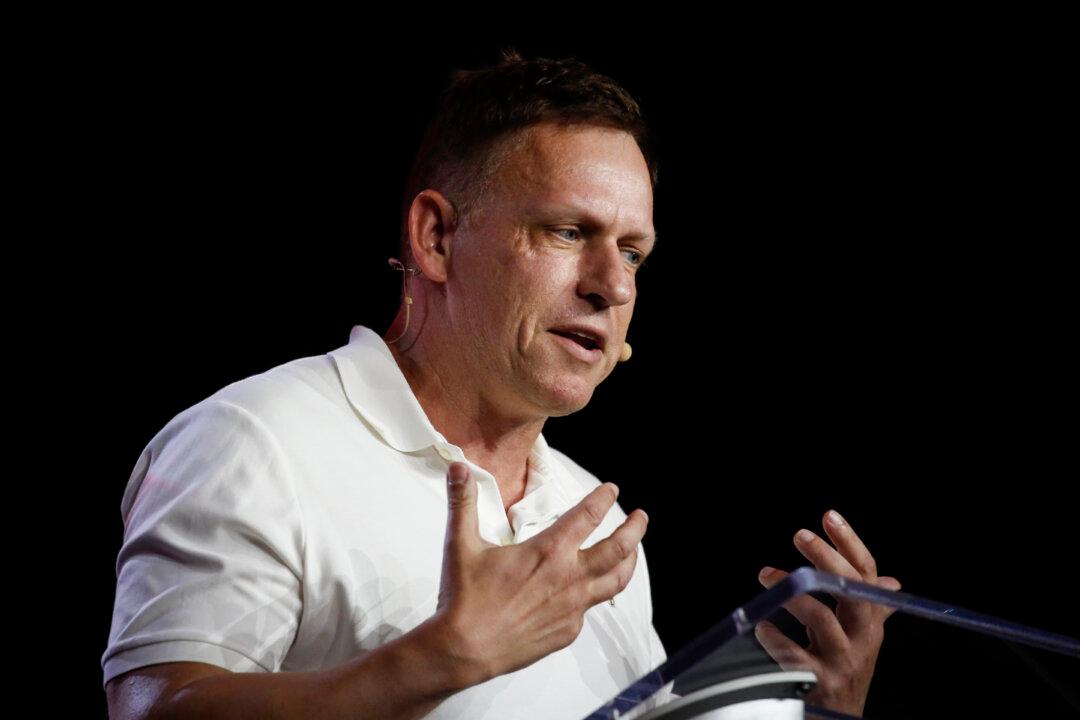Commentary
Investor Peter Thiel makes an exceptionally compelling point concerning Artificial Intelligence (AI) and its impact on the future of professional skill.

Investor Peter Thiel makes an exceptionally compelling point concerning Artificial Intelligence (AI) and its impact on the future of professional skill.